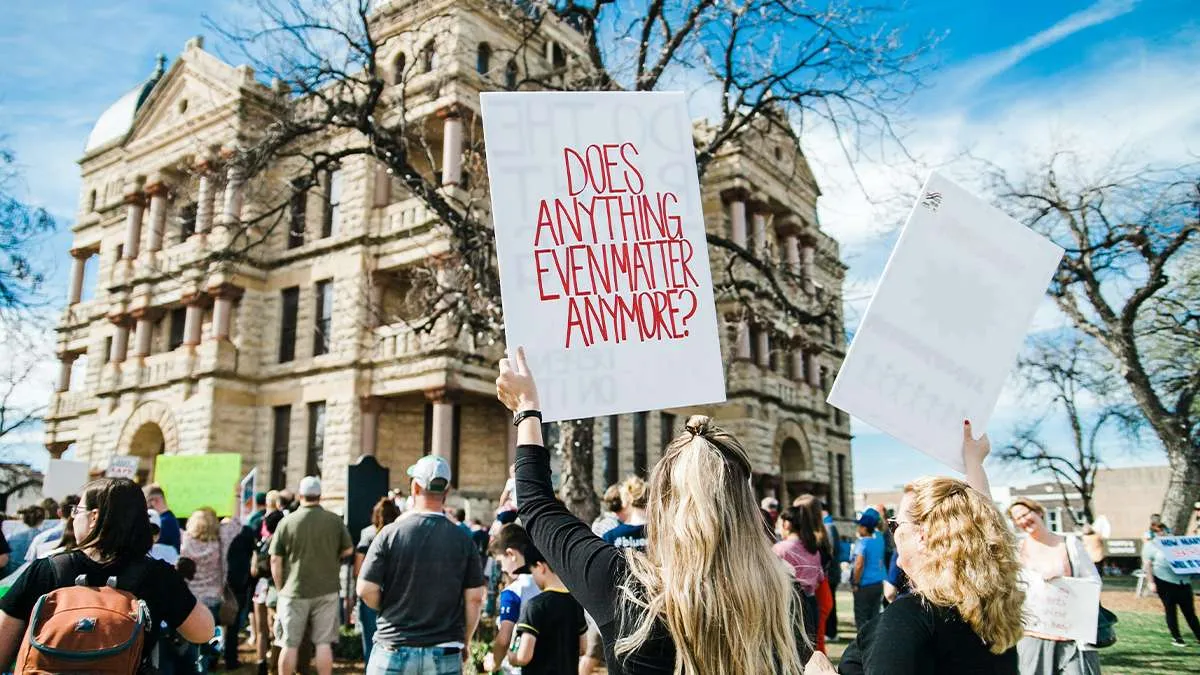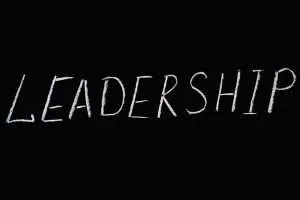TRIGGER WARNING: In this paper, mass shootings, statistics, and attitudes toward mass shootings are discussed.
There are incidents and things today that used to strike the attention of people like no other. These include good things like the first iPhone or the first car. These may also be bad things like the Holocaust or orphans. However, both extremes may lose the effect they have on people. Simmel attempted to explain this in his work. This article analyzes how Simmel’s concept of the blasé attitude applies to attitudes toward mass shootings.
Who is Georg Simmel?
Georg Simmel was a famous German sociologist from the late 1800s. Despite his intelligence, people did not take his work seriously because of his Jewish background. His work was multidisciplinary. He studied philosophy, history, and sociology. He collaborated with other famous sociologists including Max Weber. Together they created the German Society for Sociology.
Simmel was concerned with how society was formed by social interactions and vice versa. He was also concerned about overstimulation. He believed this overstimulation often occurred in bigger cities. These kinds of cities contain constant noise, changes in lighting, potent smells, countless textures, and so many possible interactions with people. This is often exciting for people, especially if they have not experienced this kind of stimulation for much of their life. Simmel acknowledges these exciting aspects, but he also cautions that there is a downside to them.
Simmel believed that people adopted blasé attitudes to protect themselves from the overstimulation and disruptions of everyday life. Simmel said this occurred in the cities referred to earlier. Today, it can occur anywhere. With so much in the world, people simply cannot emotionally respond to everything. Life becomes extremely calculable in the sense that people almost have to do a math problem to figure out what to care about and what not to.
Reactions to things become less intense both in positive and negative situations. Things and occurrences lose their novelty. If people’s reactions did not become less intense and things did not lose their novelty, people would still be thinking about things that happened months or even years ago. The emotional capacity of humans is simply not big enough, especially when people contemplate important things.
Mass Shootings
The Columbine High School shooting set a horrible precedent for years to come. Today, it is known as one of the most well-known mass shootings. Mass shootings have unfortunately been on the rise since that incident. Shootings are considered mass shootings when four or more people are shot or killed in a single incident, not including the shooter. According to the Gun Violence Archive, there had been over 2,500 mass shootings in just the time from 2014-2020. According to Education Week, there have been 134 school shootings in which at least one person was killed or injured since 2018. Those may not all be mass shootings, but the horrible image should be coming across.
Even with mass shootings being on the rise, people have become less moved by each incident. There used to be documentaries and large ceremonies for mass shootings. However, most people (unless directly affected) forget within a week or even a day and move on with their lives.
Applying Simmel and Mass Shootings
The Inception of Blasé Attitude Towards Mass Shootings
Simmel’s blasé attitude is a perfect descriptor of what is happening in the US in terms of attitudes towards mass shootings. I do not think that people do not care about these incidents, but they are extremely emotionally taxing to think about. They provide intense stimuli of grief, fear, and sadness. Having constant interaction with these feelings is not a sustainable way to live. Instead, people have subconsciously adopted the blasé attitude to protect themselves.
As mass shootings have unfortunately become a topic that people see almost every week and even every day, the amount of emotional capacity needed to process it simply does not exist. News sources usually heavily cover mass shootings. Unless it is something that directly impacts you (like a friend or family member being part of a mass shooting), it is difficult to constantly muster up the emotional strength to grieve over it or see it constantly.
This is not to say that people are intentionally not caring about these events. There may be varying political views that shape how people believe mass shootings occur. However, everyone can agree that these are horrific events. The problem with the blasé attitude is that the response that would normally be warranted in these kinds of situations such as angry discussions or elaborate commemorative memorials have become less common. People should not have indifferent attitudes toward mass shootings.
The Blasé Attitude in Action
This CNN article shows excellently how government officials such as governors and police officers have very different reactions than those who are close to victims of mass shootings. Government officials are near mass shootings very often. They would not be able to effectively complete their job if they spent emotional labor, such as mourning, over every single victim. The question of how disconnected from mass shootings is it okay to be before there is a problem arises. At what point does the blasé attitude begin to harm society?
Protection and Change for Good
Simmel’s concept of the blasé attitude can help people in understanding why things seem to lose their novelty. The constant stimuli intake of mass shootings and their accompanying feelings have become extremely overstimulating. People have attempted to soften the impact that these events have had on them by subconsciously adopting the blasé attitude. While this may be good for an individual, not caring about things can end up hurting the masses. This is evident today with the large lack of attention to mass shootings. How can we protect ourselves while also advocating for others in need?







